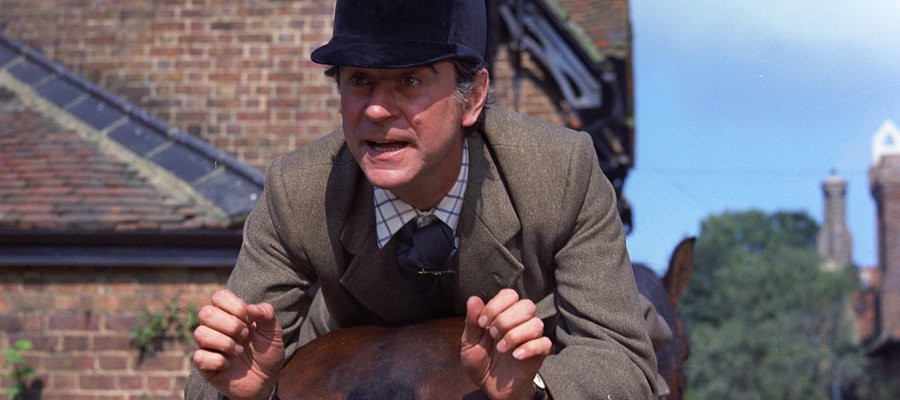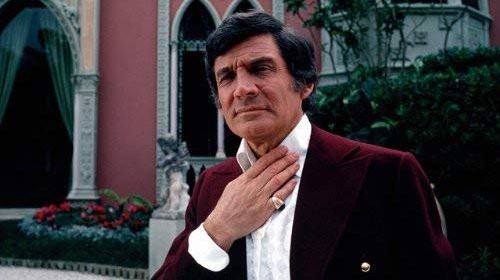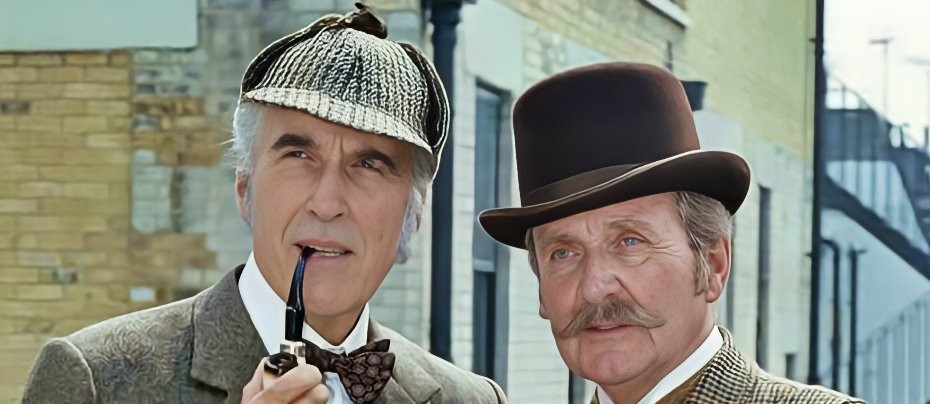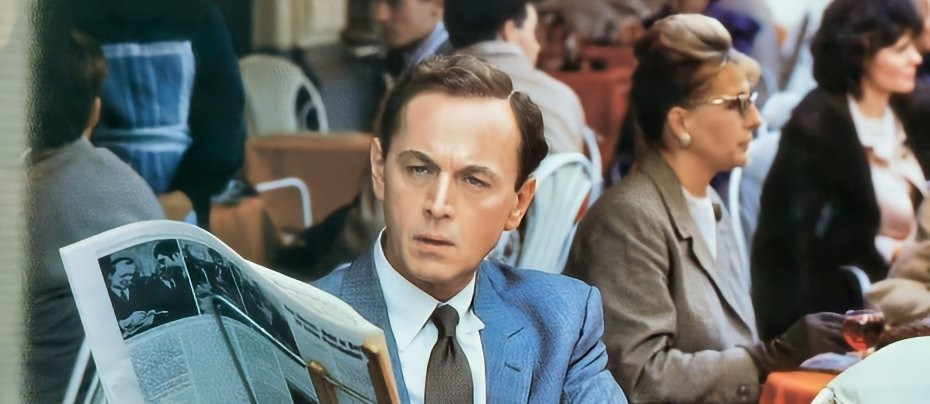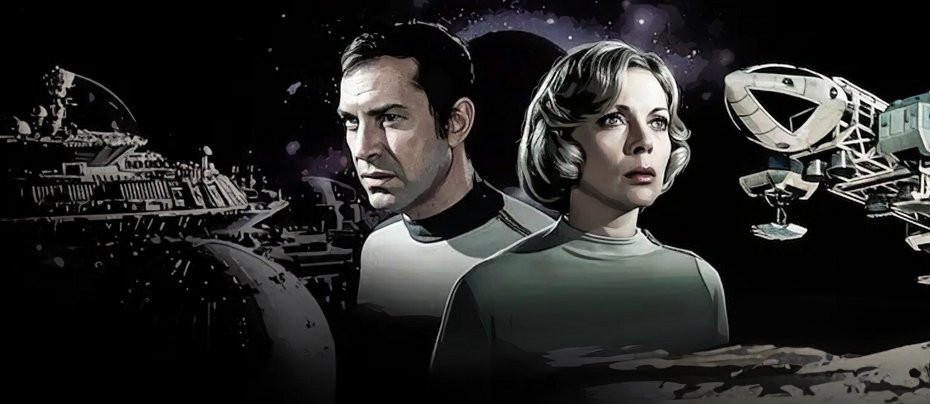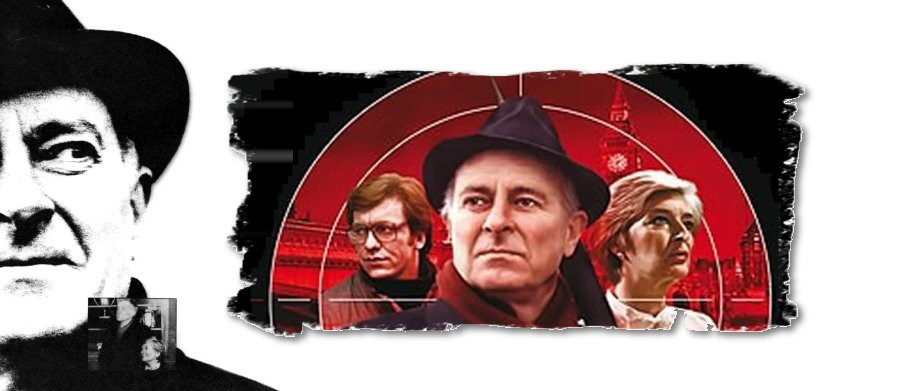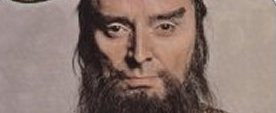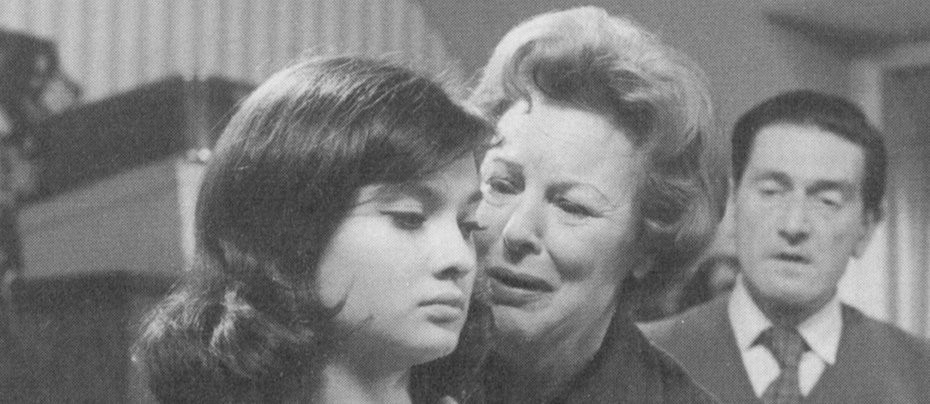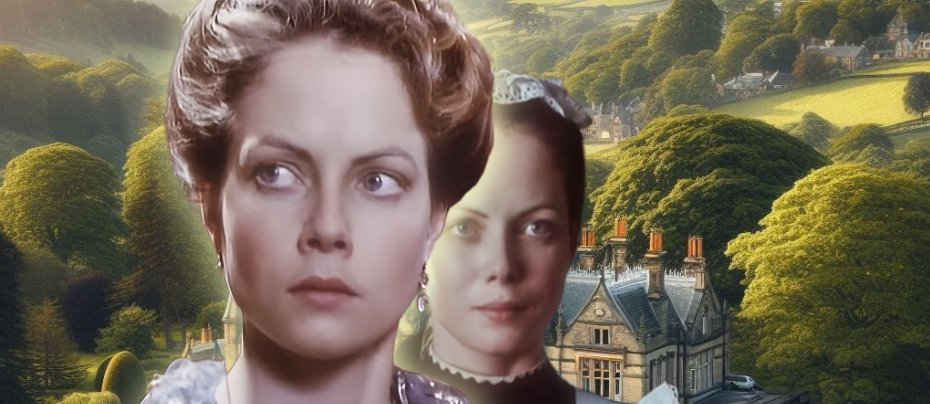
A Woman of Substance
1984 - United KingdomThe miniseries had a budget of over $6 million, a huge sum for a British-based production at that time, and it is all there on the screen
Review by John Winterson Richards
Given that Channel 4's deliberate strategy from the start was to brand itself as an “alternative" platform, it was a little embarrassing that the show that really established it in the mainstream was a slushy miniseries based on Barbara Taylor Bradford's bestselling romantic novel A Woman of Substance. The final episode pulled in an incredible 13.8 million viewers, still Channel 4's highest ever ratings for anything and a record that is now unlikely to be broken in the radically different structure of British television that has since developed.
It was a minor cultural event in its own right. Whole families gathered together to watch it, your reviewer's among them, and it had a lasting impact, even if not necessarily the impact that was intended. For years afterwards the cliched plot, the stock characters, the heavy handed dialogue, and the, let us say, acting of variable quality made A Woman of Substance something of a family in-joke. We did all agree, however, that "the big fellow who played the Irish chap" had great presence and it was a pity that we might never see him again since association with the project looked likely to finish his career. We nevertheless made a point of remembering his name in case he did pop up in something else later: Liam Neeson.
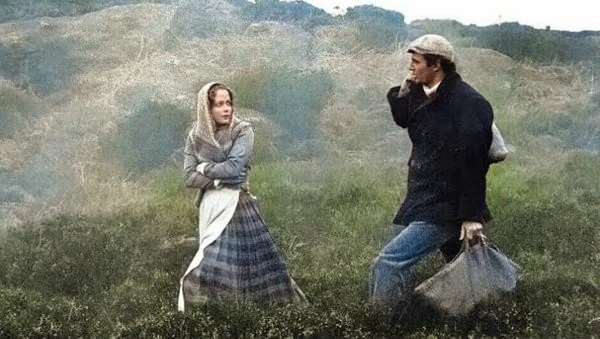
Yet we still watched it, all of us, all the way through - and at least one of the two inferior sequels as well. Seeing the original again for the first time in almost forty years, one is reminded why we did. If there is much that is indeed worthy of derision, there is, in retrospect, far more that deserves commendation. It is a compelling story, well told. Much as envious literary snobs may sneer at them, there is a reason why the likes of BTB sell millions of books: they know how to keep the pages turning. Those cliched plot devices and stock characters have endured for centuries and crossed cultures because they work. People like them.
BTB says she writes about ordinary women who achieve extraordinary things - a theme of which she has first hand knowledge, having risen from the typing pool of the Yorkshire Post to become the author of forty bestselling novels, A Woman of Substance being the first to be published and the most successful, having sold over 30 million copies.
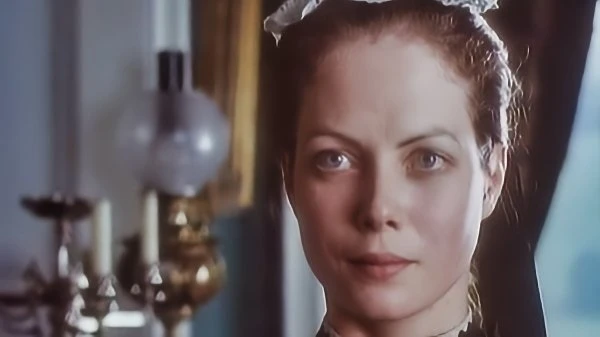
The basic plot was particularly appealing to the aspirational mood that prevailed in the Eighties. Our heroine's "rags to riches" story is a case study in how the Thatcherite virtues of enterprise, thrift, and hard graft can lead to success when combined with self-education and organisational ability. At the same time it is the triumph of a working class girl over the system that exploited her and tried to keep her down, so there is something for both sides of the political spectrum. The younger generation might be surprised that there is absolutely nothing new in the now almost compulsory "strong female protagonist" who is helped on her journey by members of marginalised ethnic groups - in this case Irish and Jewish people. The difference is that in those days it really was brave and original, and it was handled with greater subtlety and skill, so that viewers were not put off by being bludgeoned over the head with political messaging.
The miniseries had a budget of over $6 million, a huge sum for a British-based production at that time, and it is all there on the screen. Also unusual for the time, but appropriate to the story, the producer was a woman. Diane Baker was a successful actress whom BTB had interviewed years before when working as a journalist and who mortgaged her house to buy the television rights to the novel. She obviously put her heart and soul into the project, and succeeded in evoking both a credible sense of the past in the historical scenes and what passed for modern glamour in scenes that were apparently meant to be set around 1970. The latter have not aged well, as one is now less impressed with tiny televisions and big telephones in cars than one was back then, and a brief shot of Concorde (first commercial flight 1976) draws attention to a chronology that does not stand scrutiny very well when one starts thinking about it.
The direction ended up in the capable of hands of Don Sharp (Callan) who keeps everything moving at a brisk pace so that there is less time for that inconvenient thinking. The cast as a whole is actually very strong, and most of the actors add depth to the generally cardboard characters the script gives them to play - which makes the exceptions stand out even more.
Jenny Seagrove was best known at the time for looking very attractive in a wetsuit in Local Hero. She has a vulnerable quality that captures the viewer's sympathy early on as Emma Harte, a lowly kitchen maid in the household of a wealthy upper middle class Edwardian family with wide business interests whose patriarch is played by Peter Egan. Since his hypochondriac wife (played effectively, with tragic irony, by Nicola Pagett) feels incapable of running her household, her sister (played by Gayle Hunnicutt) kindly helps out - perhaps more than she should.
Christopher Guard plays the thoroughly rotten elder son of the household while Peter Chelsom is his apparently more agreeable younger brother. Guard's real life brother Dominic plays Emma's brother despite the two characters not being related. Barry Morse (The Fugitive, Space: 1999, Whoops Apocalypse) is almost unrecognisable as the butler who bullies poor Emma.
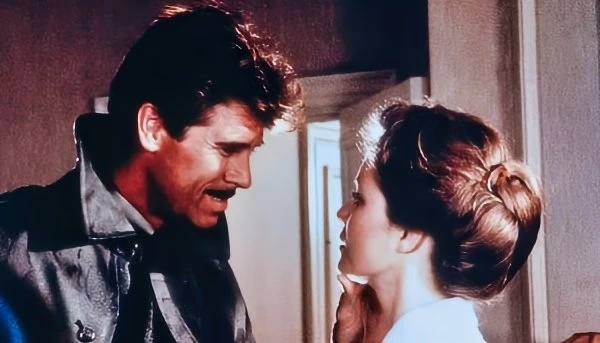
Neeson and producer Baker play her helpful best friends, and John Duttine, Chistopher Gable, and Barry Bostwick are among her admirers. Bostwick (Scruples, George Washington), who was already becoming established as something of a specialist in miniseries at this time, seems to have been brought in for the American market and is dreadfully miscast: he has the looks on which his stereotypical character depends but his attempt at an Australian accent is risible. In fairness, he is not the only one - accents in general are erratic throughout the production, even if the always reliable George Baker has no problem with his as Bostwick's father. It also has to be said that what was seen as assertive masculinity in the Eighties now comes across as a bit aggressive and stalkerish in the post-"Me Too" environment.
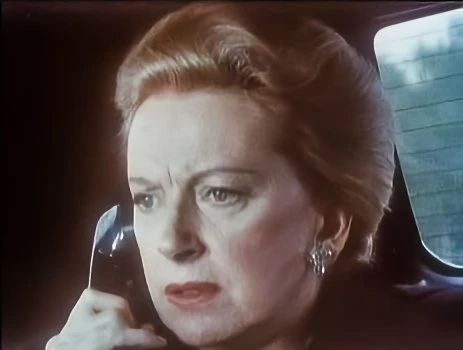
The distinguished Deborah Kerr (The King and I) is typically authoritative as Emma in old age, Miranda Richardson is likeable as her favourite granddaughter, and Sir John Mills has a neat cameo as her financial adviser in a compelling framing story set in the Seventies. However, by showing from the very beginning that 1900s Emma is destined to become an extremely wealthy grandmother, it rather undermines the tension in the story of her early life, which is far more involving than her later adventures.
The real star of the show, however, is Harrods, the Knightsbridge department store, playing "Harte's," Emma's flagship business, which is given a corporate livery very similar to Harrods' real life one - a very effective example of product placement.
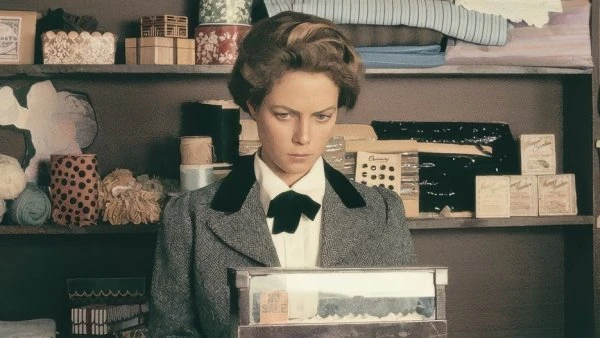
A lot of plot points are left hanging, hinting at subplots in the novels that the television adaptation did not have time to develop fully. There are in fact eight novels in BTB's "Emma Harte Saga," two more of which were adapted into subsequent miniseries. The first, Hold the Dream, retained much of the same cast from A Woman of Substance, including Kerr, Neeson, Mills, and, in a different role, Seagrove, but the story of an heiress trying to hold on to her wealth is nothing like as sympathetic or as compelling as that of a kitchen maid earning it in the first place. A second sequel, To Be The Best, changed the cast completely and was less successful on every level, despite the presence of some big talent like Anthony Hopkins. To be honest, your reviewer cannot remember it well enough to be certain he watched it all the way through - something no one can ever say about the original. Whatever else, it was memorable.
Seen this show? How do you rate it?
Seen this show? How do you rate it?
Published on July 19th, 2024. Written by John Winterson Richards for Television Heaven.


